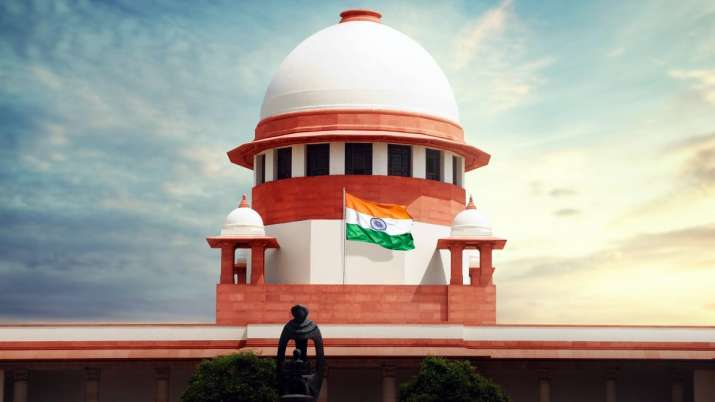The Supreme Court has disposed of an application filed by the Supreme Court Advocates on Record Association (SCAORA) with certain directions regarding the period of limitation, while recalling its suo motu order dated April 27, 2021.
The bench of Chief Justice (CJI) N.V. Ramana, Justice L. Nageswara Rao and Justice Surya Kant passed the directions during the hearing of suo motu case In Re Cognizance For Extension of Limitation in which the SCAORA intervened, seeking restoration of the order dated March 23, 2020, whereby the Court directed extension of the period of limitation in all proceedings before the Courts/Tribunals with effect from March 15, 2020, till further orders.
The Supreme Court had, on April 27 this year, ordered that the limitation period under any general or special laws in respect of all judicial or quasi-judicial proceedings in the country, shall stand extended until further orders. The Bench had ordered that a similar order passed on March 23 last year shall be restored.
In March 2020, the Apex Court had taken up the issue of difficulties faced by the litigants in approaching the Courts amid the Covid-19 pandemic suo motu, and directed the suspension of limitation periods. Thereafter, while noting that the country was returning to normalcy, the Court, by order dated March 8, 2021, brought to an end the extension of limitation.
During the hearing, Senior Advocate Vikas Singh contended that the March 8, 2021 order can be restored, subject to a modification. The order provides that the limitation period of 90 days will start from March 15, 2021, notwithstanding the actual balance period of limitation in cases where limitation has expired between March 15, 2020 and March 14, 2021. According to him, the period of limitation prior to March 15, 2020 has to be taken into account and only the balance period of limitation should be made available for the purpose of filing of cases.
The Court observed, “The order dated March 23, 2020 was passed in view of the extraordinary health crisis. On March 8, 2021, the order dated March 23, 2020 was brought to an end, permitting relaxation of period of limitation between March 15, 2020 and March 14, 2021. While doing so, it was made clear that the period of limitation would start from March 15, 2021. As the March 8, 2021 order was only a one-time measure, in view of the pandemic, we are not inclined to modify the conditions contained in the March 8, 2021 order.”
The Court disposed the SCAORA application with the following directions:-
I. In computing the period of limitation for any suit, appeal, application or proceeding, the period from March 15, 2020 till October 2, 2021 shall stand excluded. Consequently, the balance period of limitation remaining as on March 15, 2021, if any, shall become available with effect from October 3, 2021.
II. In cases where the limitation would have expired during the period between March 15, 2020 till October 2, 2021, notwithstanding the actual balance period of limitation remaining, all persons shall have a limitation period of 90 days from October 3, 2021. In the event the actual balance period of limitation remaining, with effect from October 3, 2021, is greater than 90 days, that longer period shall apply.
III. The period from March 15, 2020 till October 2, 2021 shall also stand excluded in computing the periods prescribed under Sections 23 (4) and 29A of the Arbitration and Conciliation Act, 1996, Section 12A of the Commercial Courts Act, 2015 and provisos (b) and (c) of Section 138 of the Negotiable Instruments Act, 1881 and any other laws, which prescribe period(s) of limitation for instituting proceedings, outer limits (within which the court or tribunal can condone delay) and termination of proceedings.
IV. The Government of India shall amend the guidelines for containment zones, to state. “Regulated movement will be allowed for medical emergencies, provision of essential goods and services, and other necessary functions, such as, time bound applications, including for legal purposes, and educational and job-related requirements.”


